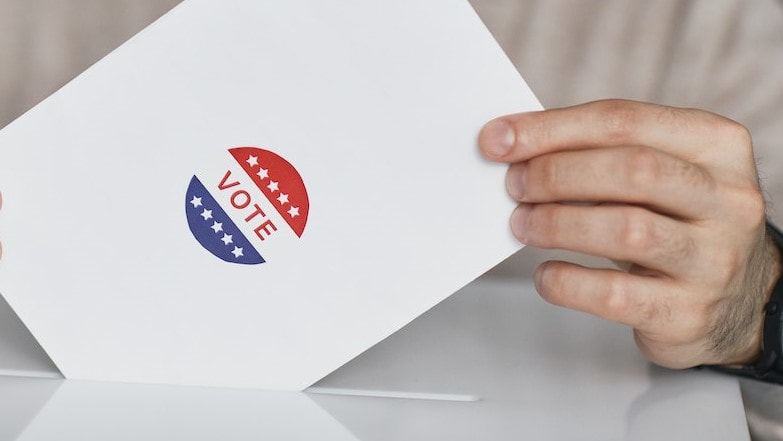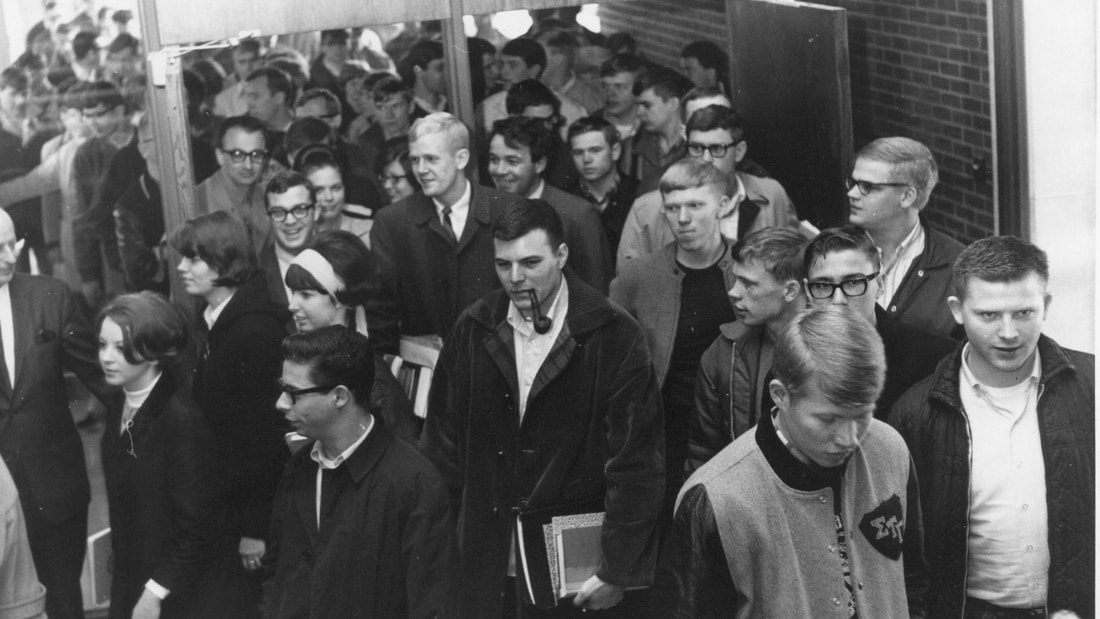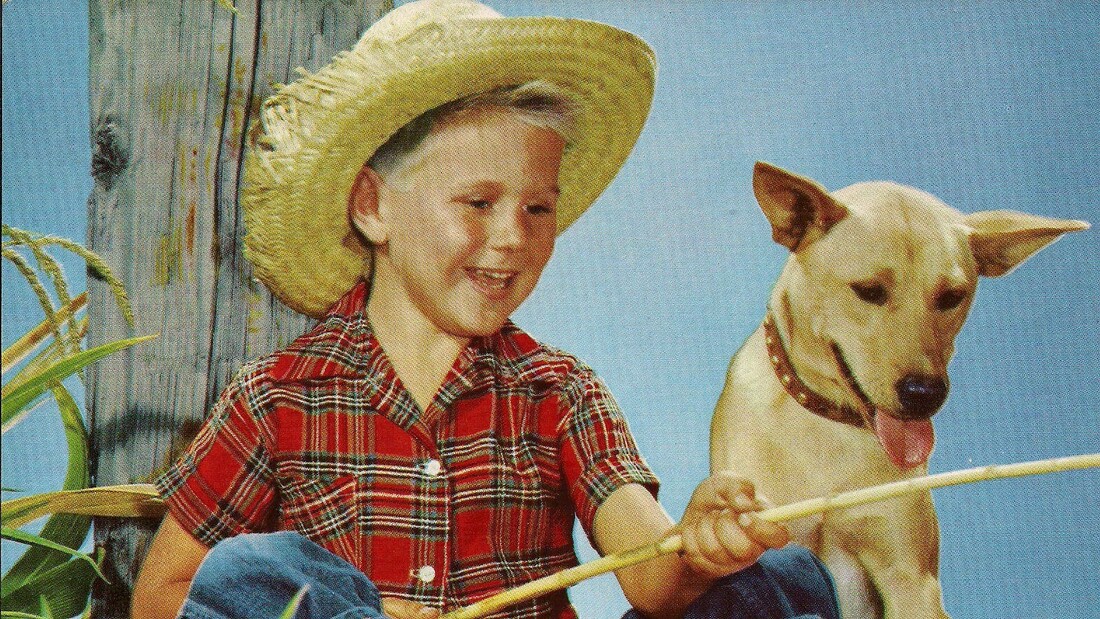|
My South Carolina Election Board recently queried me. They noticed that I had not voted in a while. Was I still alive and at the same address? I answered affirmatively. I was pleased to see that they were so much on the ball. And they were right---I had lost interest in voting some time back. I was tired of being a loser, even when my candidate won. I voted for Goldwater in 1964 and Wallace in 1968. I never had any trust in Nixon, nor in any Bush, major or minors. I voted for a winner, Reagan (once) in 1980, although I already knew that with Bush on the ticket the Establishment had a rope around his neck and we would never see the promised reforms. The promised reduction of government was turned on its head. I punched a hole for Buchanan in 2000. To tell the truth, I can’t remember whether I bothered to vote for Trump in 2016. I figured I had done my duty by writing good stuff about his candidacy. And I was happy that the Yankee dude had easily demolished a dozen empty-suit pygmies that were touted as the best and brightest of the Republican party. Another Bush would have meant certain death for the country. But as soon as I saw Pence on the ticket I knew that the Establishment had things under control and the grassroots rebellion had no chance. This conclusion was quickly confirmed by Trump’s top appointments. So, as for voting, I was tired of the whole thing and sure that my little act was irrelevant. For added irritation, just on my way from the polling place not too long ago, a young policeman pulled me over. There was a very light rain and I was guilty of not having on my headlights. The home of the brave and the land of the free. Politicians are astir about the importance of our “early” Republican primary in South Carolina. I am too bewildered to even know what to do. I would like Trump to win. I long ago lost any faith in him. I can’t see that he has learned anything that would make him a better Chief Executive. But he has all the right enemies, is the only contender with a real grassroots following, and we can entertain a desperate hope that he might actually do something. Anyway, I can’t see that the voting will make any difference at all. No matter the vote totals, Establishment Republicans and Democrat vote stealers will make sure that the candidate of the “deplorables” never gets in. DeSantis started to look good for a while. He talked the talk and even walked the walk a little bit now and then. Now I am receiving every other day large, slick, coloured mailings on his behalf. These are exactly like the ones I get from Lispey Graham whenever he is up. They smack of money---Establishment? Adelson? DeSantis may be thinking he is helping himself but he is acting like a tool of the Republicans’ ruling politicians. The message I am receiving is less pro-DeSantis than it is anti-Trump. We are warned that Trump will lose and carry the whole party down with him. Why should I care about saving the Republican party? I have been writing for 40 years that it is the biggest obstacle that exists to any conservative success. The best thing that Trump has done, as my friend Ilana Mercer has pointed out, is to shake up our smug rulers. The empty shell of the Republican party is breaking into fragments. It couldn’t happen to a nicer bunch of frauds. I am tempted to vote in the Democratic primary for RFK Jr. The poor guy has the same voice trouble I have, he tells the truth now and then, and it might damage Biden. I hope our Reckonin readers are not like the naïve run of Americans who actually believe that elections are honest. There has never been a completely honest election. Why should politicians, psychopaths seeking power over others for whom they have contempt, behave honestly when they have so much at risk? (“I feel your pain.”) Government of, by, and for the people? American are blissfully ignorant of how many time men have got into the White House with less than 50% of the popular vote. (I am not criticizing the Electoral College that the Founders designed as an exercise in high statesmanship. That was destroyed by the tricks of party operatives long ago.) Facts: Presidents who were elected without a majority popular vote: 1824, J.Q. Adams 30.9%; 1844, Polk, 49.5%; 1848, Taylor, 47.3%; 1856, Buchanan, 45.3%, 1860, Lincoln, 39.9%; 1876,Hayes, 48%, (win stolen for him by Congressional Republicans against the winning candidate); 1880, Garfield, 48.3%, (with only a .01 count over his opponent); 1884, Cleveland, 48.5 %; 1888, Harrison, 47.8%; 1892, Cleveland, 46.1 %; 1912, Wilson, 41.8%; 1916, Wilson, 49.2%; 1948 Truman, 49.4%; 1960, Kennedy, 49.7 (stolen for him in Chicago); 1968, Nixon, 43.4%; 1992, Clinton, 43%; 1996, Clinton 49.2%; 2000, little Bush, 47.9%, (stolen for him in court); 2016, Trump, 46%; 2020, Biden, (stolen). In some cases, these minority Presidents were catastrophes, especially Lincoln, Wilson, and little Bush. A good many other Presidents, some considered popular, never got beyond the 50-52% range.
6 Comments
College girls had to sign in and out of their women-only dormitories and had a curfew.
College students today have cars and apartments. Hardly seen in my day. Whether it is better or worse for education, I don’t know. They are not tied down to campus like they used to be. College is now a part-time thing for most students and classes and studying is a sideline from more important activities. Many have outside jobs. The academic week lasted through midday Saturday, and both academic semesters were weeks longer than they are now. These days professors and students conspire together to do as little as possible. Contact lenses were an entirely new thing. The university cafeteria provided a solid meal for 35 cents. There were still a lot of adult veterans who were students so the atmosphere was different than later. I imagine that was the reason that at Chapel Hill in 1959 I witnessed the last great “panty raid.” Most of us really attended lectures and really studied although we had a lot of hangovers. Professors were conscientious and knew their subjects. Many were old fashioned Southern liberals but were more interested in learning than ideological conversion. The imported carpetbag Communists were a minority but a definitely growing one. Like William Buckley’s good friend Allard Lowenstein. There is a lot of evidence these days that more intelligent students don’t believe their professors and just perform dreary regurgitation to get through with it. Most students in my day were still in-state, from traditional North Carolina families. Most of the imports were affluent New Jerseyans and basketball players from the northeast. Chapel Hill was reputed to be the most “liberal” university in the South. I remember distinctly in 1963 I was walking across a quad of dormitories with open widows. Walter Cronkite, “the most trusted man in America,” was reporting on the radio that rightwing extremists had assassinated Kennedy in Dallas. The response of students to the news was hearty cheering out the windows! Everybody I knew enjoyed hearing Jesse Helms broadcast from Raleigh every evening. In the late 60s rich Yankees began to arrive and stage “civil rights” demonstrations that mostly harassed hard working small business owners. The women also seduced black janitors, usually to their bewilderment. Carpetbag faculty and administrators multiplied rapidly from Great Society subsidies. They were mostly disdainful of the students and locals. My favourite evening place was a redneck bar where you could get a hotdog for a quarter and a draft Michelob for 35 cents. There were really a lot of top-rate and controversial speakers and a lively intellectual atmosphere among students who cared about such things. I heard Buckley, Russell Kirk, Gerald Ford, Malcolm X, Billy Graham, and the leader of the Jehovah’s Witnesses. My attempt to start something at the university where I later taught was received with complete indifference by faculty. Unchallenged liberal mediocrity was the preferred atmosphere. It was newsworthy a few years ago that the UNC monument to the students who were Confederate soldiers was defaced and torn down. There used to be a big portrait in the library of our distinguished alumni General James Johnston Pettigrew. CSA. In another building there was a beautiful mural of Tar Heels at Gettysburg, painted with real young North Carolina men as models. I don’t want to know what has happened to them. Chapel Hill was still a pleasant village in those days. Now it is an overbuilt, expensive city, surrounded by gated communities for retired Yankees who wanted to settle in a place with “culture.” Us old folks reminisce annoyingly about the old days. Forgive us, we can’t help it. Viewing my grandsons’ organised and electronic world, I can’t help but think about my Southern boyhood in the 1940s and early 1950s. I make no assertion about whether today is better or worse. Amazing is the number of things that I remember that have now entirely disappeared: Mules Riding a wagon to town Cotton fields Cotton warehouses Tobacco curing sheds Smokehouses There were many brands of soft drinks, mostly gone now, but only a few types of beer. They came in bottles. Nobody imagined that either would be in cans. The bottles could be redeemed for 2 cents each. And you got your bottle out of very cold water by hand after lifting the lid of a large drink box. There was only one Catholic church in town. There were probably an Episcopal Church and a synagogue but I never saw them. You were either, in descending social order, Presbyterian, Methodist, or Baptist. I only knew one immigrant, a boy who had escaped Communism in Latvia. The polio epidemic, was pervasive in everyone’s attention. You carried a swatter around to kill flies, who were thought to have something to do with causing polio. We were all afraid of having to be put in ”the iron lung.” Most streets outside the business area were unpaved, some were oiled in the summer. We had newly invented strip malls but had not imagined a big self-contained shopping center with a parking garage. A small black and white television with one station that broadcast only an hour or two in the evening. Log houses and tin roofs that tinkled when it rained. Tobacco chewing and snuff taking were commonplace and there was always a spittoon nearby. Denim was working man’s wear. Nobody could have believed it would become a fashion statement. Farmers and workers often wore galluses. Nobody I knew had ever heard of pizza. Women wore skirts and dresses always when away from home. Girls would never show up at school in anything else. Males wearing shorts or carrying an umbrella were marked as effeminate. Our town had the tallest building in the state---17 stories. Outside school and church boys’ lives were free and entirely unorganized. We pretty much went wherever we pleased. Nobody worried about child molesters---everyone kept an eye out for children. We spent a lot of time in the woods with firearms. However, when we played war we only used BB guns. When we played War Between the States nobody wanted to be a Yankee and they had to be picked by lot. Few high school boys had cars but those who did kept firearms in their vehicles and could smoke outside the school building. Much of today’s population would clutch their pearls and faint at what was normal then. Policemen walked and knew and were known by everybody. They knew that the letter of the law should sometimes be subordinate to the spirit of the law. Most people regarded them as friends rather than adversaries. It was the era of Jim Crow, which until 1954 we took for granted as a normal part of life. Schools were segregated and truthfully there were a lot of gratuitous incidents of cruelty by some elements. However, there was a good deal of courtesy and friendship across the colour line. Perimeter and semi-rural neighbourhoods were not segregated, although carpetbaggers had made expensive white-only communities in town. My grandfather was on friendly terms with respectable black people in his area. I have seen him give away food to black women with children but no man out of the meager resources of his country store. The black school children were well-behaved, studied, had dedicated teachers, and some of them went on to some success in education and business. I doubt if the education of African American children is as good now. The South was poor, the conspicuously impoverished part of the U.S. Black people were at the bottom level in poverty, but there were so many poor white people that it did not seem a separate problem. |
AuthorClyde Wilson is a distinguished Professor Emeritus of History at the University of South Carolina He is the author or editor of over thirty books and published over 600 articles, essays and reviews Archives
July 2024
|



